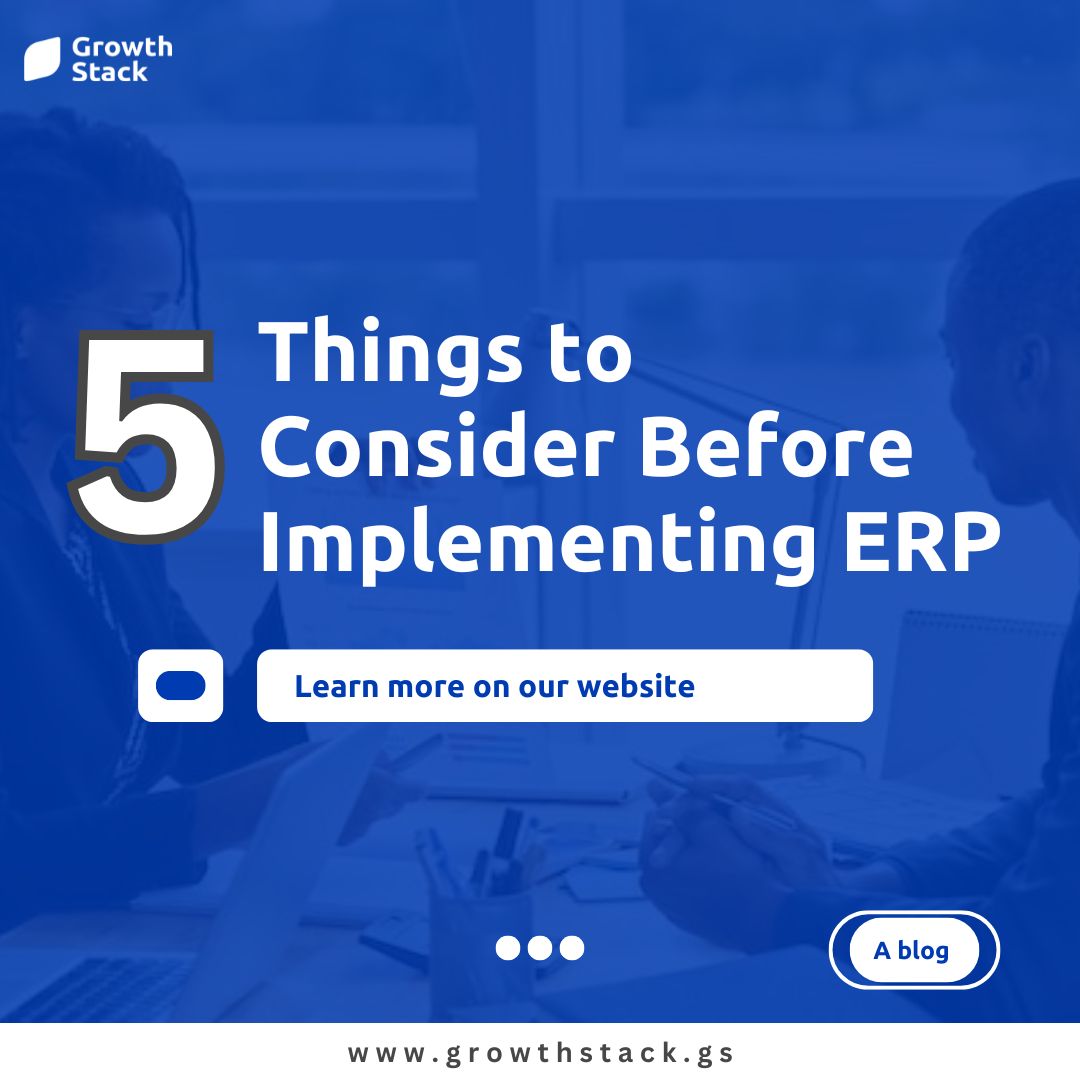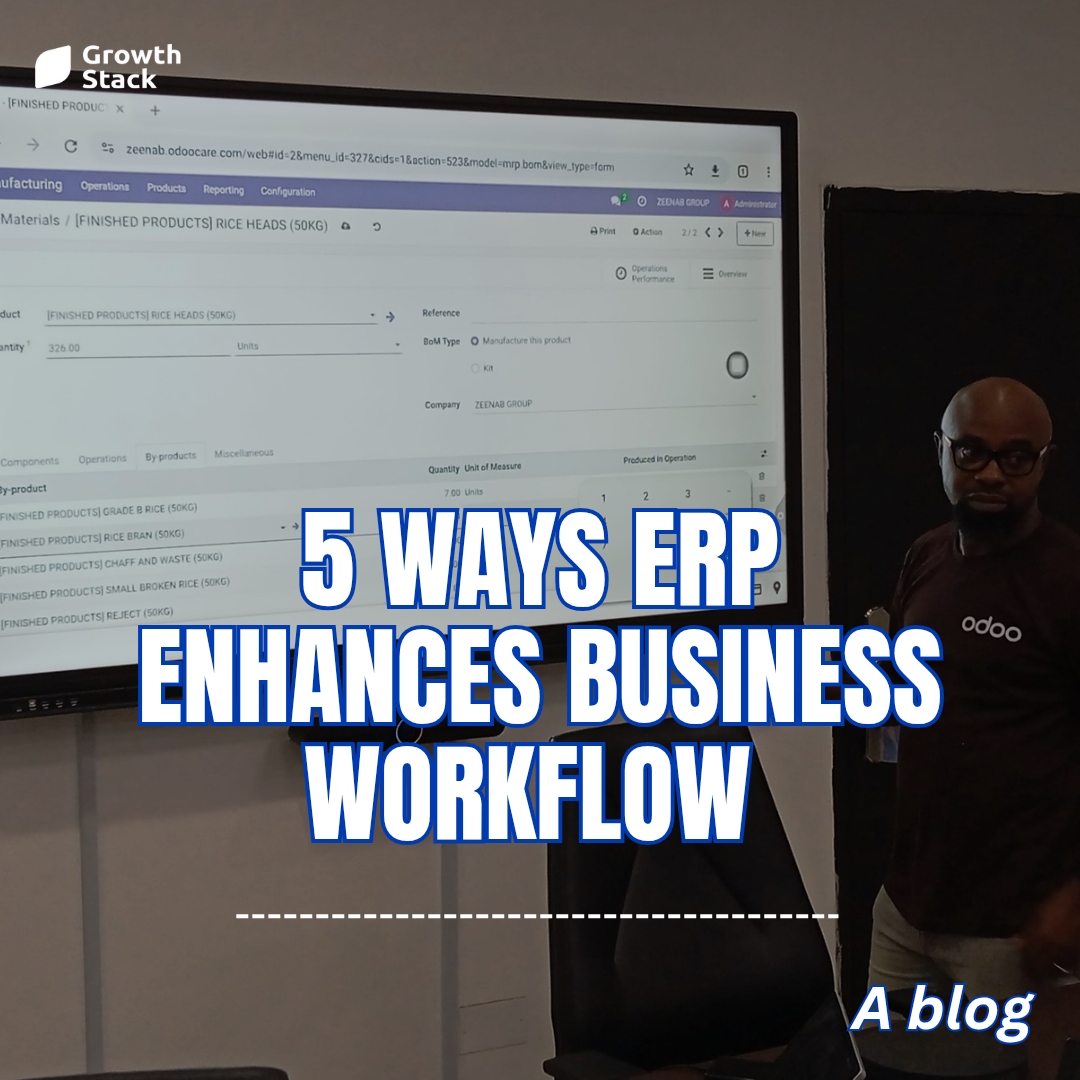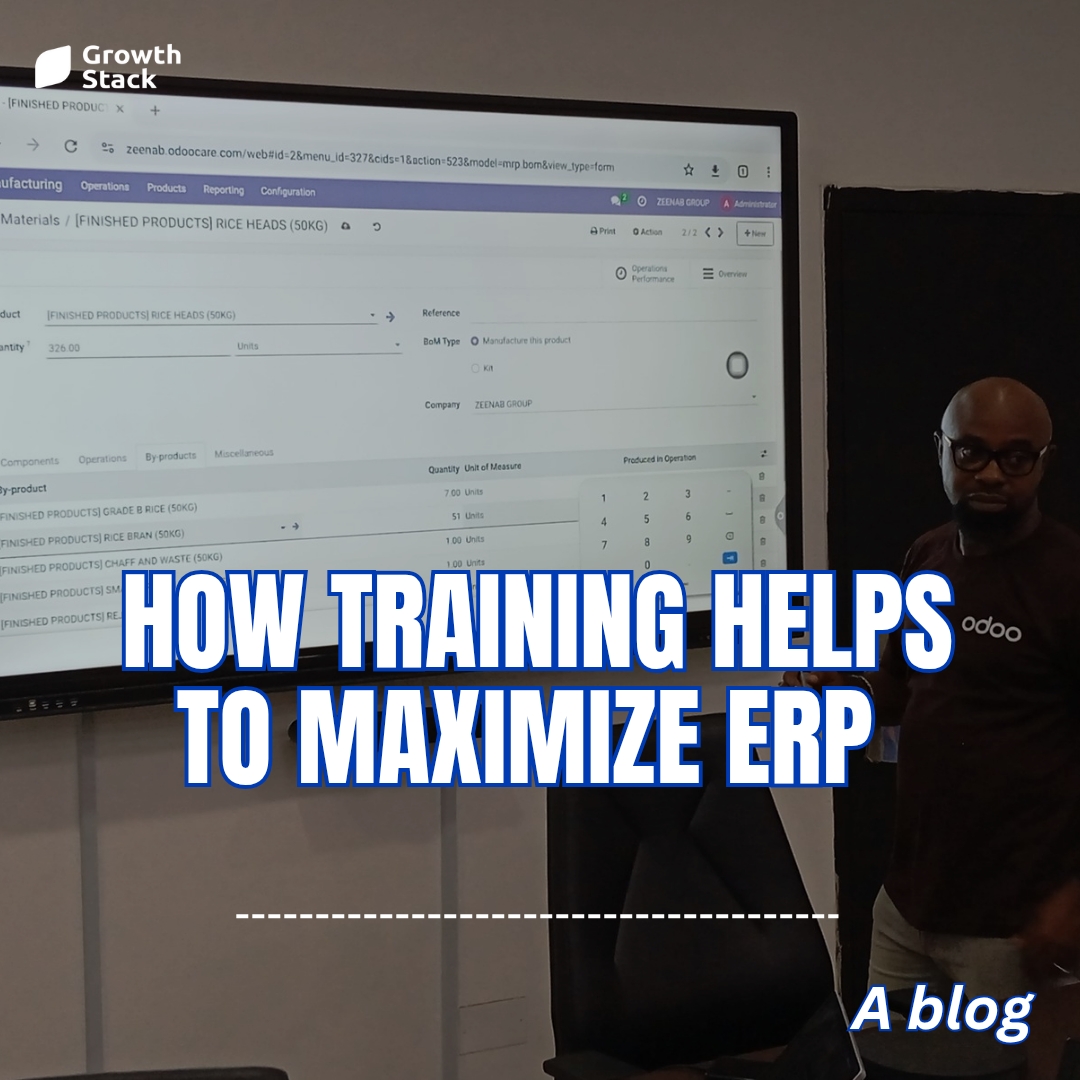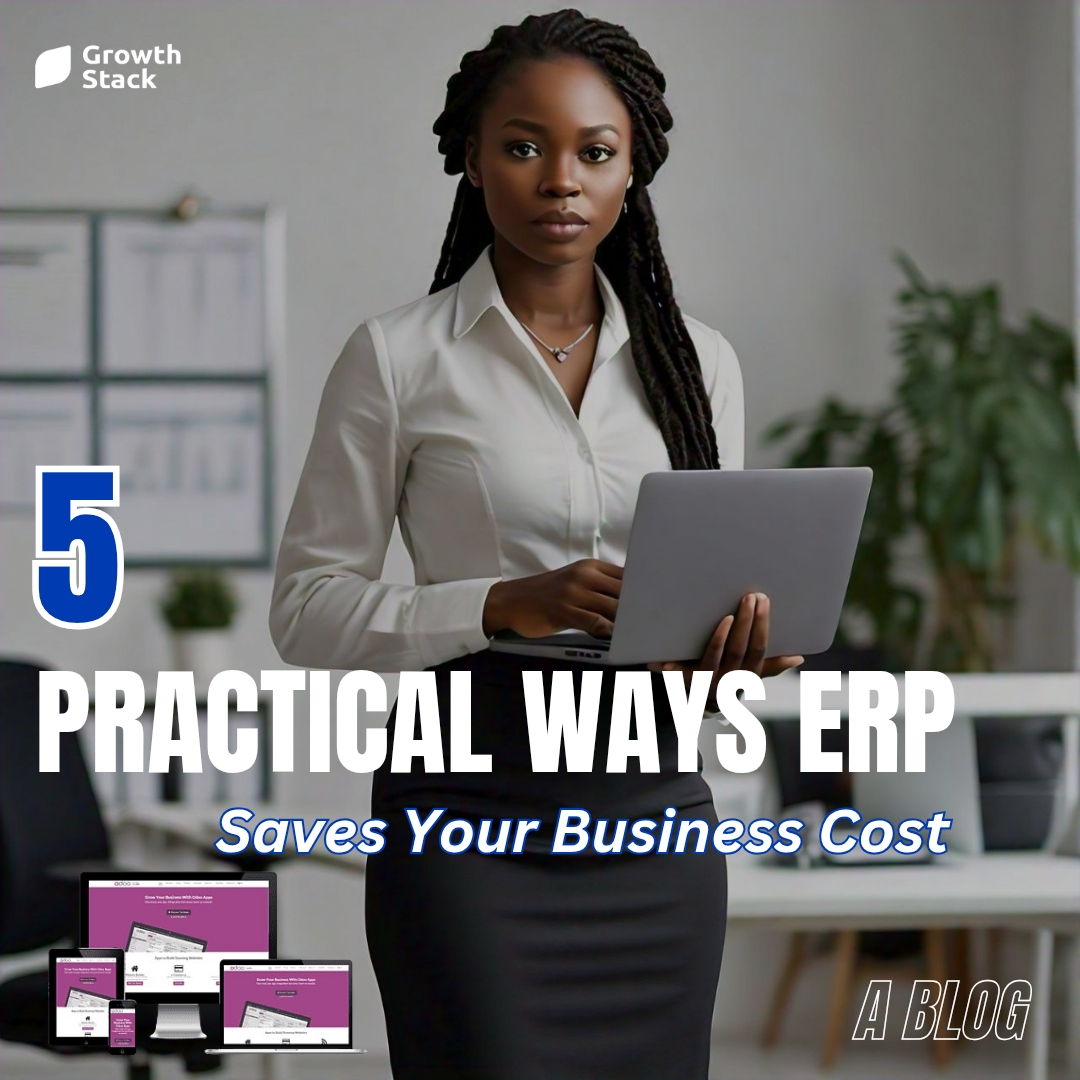Implementing an ERP system is a critical decision for any business, especially if you’re looking to streamline operations and enhance productivity. An ERP (Enterprise Resource Planning) system integrates various business processes, making it easier to manage everything from finance to inventory and human resources. However, it’s essential to carefully consider several factors before moving forward with the implementation to ensure long-term success. Here’s a look at 5 things to consider before implementing ERP.
1. Business Needs and Goals
Before implementing ERP, it’s crucial to evaluate your business’s unique needs and goals. Different ERP systems offer varying features, so understanding your specific requirements will help you choose the right solution. Do you need an ERP system for financial management, inventory control, customer relationship management (CRM), or human resources? Clearly defining your goals will ensure the ERP you select aligns with your business objectives.
For example, if your primary focus is enhancing supply chain management, choose an ERP that offers robust inventory tracking and supplier management features. Evaluating business needs ensures you don’t overpay for unnecessary functionalities or miss essential ones.
2. Budget for ERP Implementation
ERP implementation can be costly, so budget planning is a must. Along with the upfront costs of purchasing the software, you need to account for training, customization, ongoing support, and potential updates. Make sure your budget includes not just the software but also the cost of consultants, data migration, and potential downtime during the transition.
Remember that the most expensive ERP solution isn’t always the best for your company. Stick to your budget while ensuring the software meets your business’s needs. Additionally, check if the ERP system allows for scalability so it can grow with your business without requiring another costly upgrade.
3. Customizability and Scalability
Every business is unique, which means that no one-size-fits-all ERP solution will meet your specific requirements out of the box. Before implementing ERP, consider how customizable the system is. Can you modify workflows, dashboards, or reports? Will the ERP system easily integrate with your current tools, or will it require extensive modifications?
Scalability is another crucial factor. As your business grows, your ERP system should be able to scale to meet new demands. An ERP solution that can’t scale with your company will result in future headaches, such as requiring costly upgrades or the need to implement an entirely new system.
4. Implementation Time and Resources
Implementing ERP is not an overnight process. It requires time, resources, and careful planning to ensure a successful rollout. Consider the time frame for full ERP implementation, including data migration, testing, employee training, and final deployment.
In addition, ensure you have a team in place to manage the implementation process. You might need to involve key stakeholders from IT, finance, human resources, and other departments to ensure that the system meets the needs of all areas of your business.
5. Vendor Support and Training
Choosing an ERP vendor that offers strong customer support and training is crucial for the success of your implementation. Even the most intuitive ERP systems require proper onboarding to get your team up to speed. Make sure your vendor provides comprehensive training resources and reliable customer service to troubleshoot any issues that arise during the ERP implementation process.
Vendor support doesn’t stop after go-live. Continuous support is vital to ensure smooth system operation and handle any future upgrades or issues. Look for a vendor with a solid reputation for customer service and technical support.
For more in-depth insights into ERP implementations and vendor comparisons, check out this ERP Implementation Guide.
Conclusion
Implementing ERP systems can significantly improve your business processes, but it’s important to assess your unique needs, budget, customizability, scalability, implementation time, and vendor support before making a decision. A well-planned ERP implementation will ensure smoother operations, better productivity, and a strong return on investment.
Get started with a free consultation, click here













